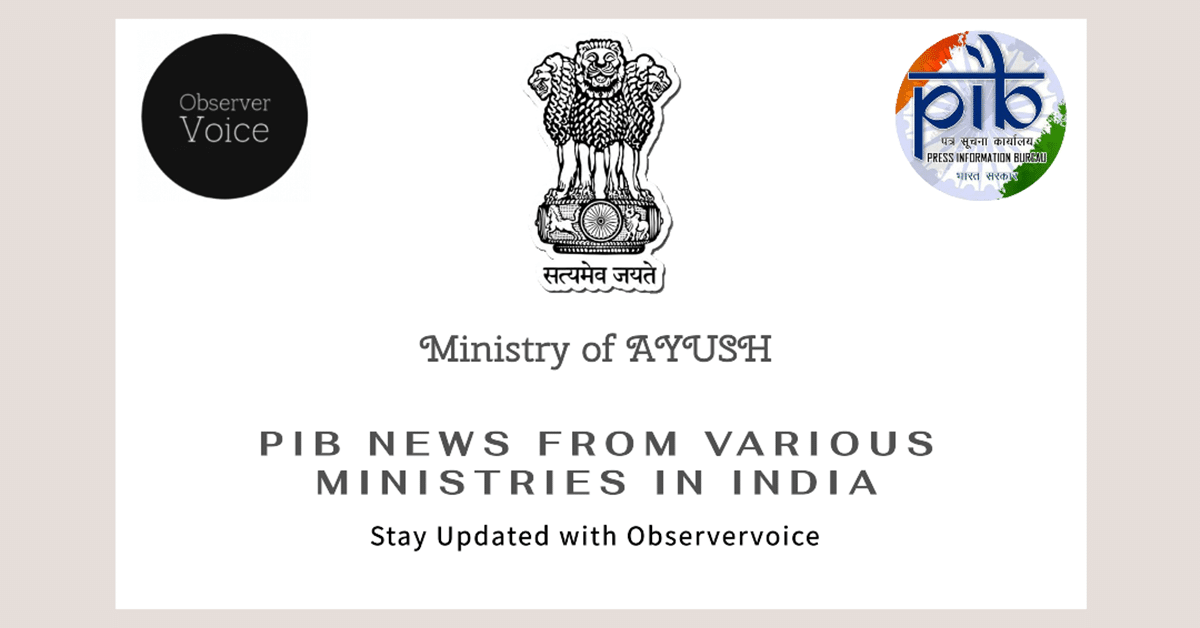New Code Regulates Pharmaceutical Marketing Practices

The Department of Pharmaceuticals has taken a significant step towards ethical marketing in the pharmaceutical industry. On March 12, 2024, it issued the Uniform Code of Pharmaceuticals Marketing Practices 2024. This code aims to prevent unethical marketing practices and ensure responsible promotion of pharmaceutical products. It regulates interactions between doctors, registered medical practitioners (RMPs), and pharmaceutical representatives.
The new guidelines are crucial for maintaining integrity in the healthcare sector. They hold pharmaceutical companies accountable for the actions of their employees. The code prohibits gifts, monetary benefits, and hospitality to doctors and their families. This move is expected to foster a more transparent relationship between healthcare providers and pharmaceutical companies.
Key Guidelines of the New Code
The Uniform Code of Pharmaceuticals Marketing Practices 2024 outlines several important guidelines. First, it mandates that pharmaceutical companies self-declare their adherence to the code. They must also disclose expenditures related to conferences, seminars, and workshops aimed at continuing medical education and professional development.
Moreover, the code introduces a two-layer complaint adjudication process. This means that if a complaint arises, it will be handled through two levels of review. Appeals will be managed by the Department of Pharmaceuticals, ensuring a structured approach to resolving disputes. Additionally, companies may be subject to independent audits, which can be random or risk-based. This adds another layer of accountability, ensuring that companies comply with the new regulations.
Penalties for Non-Compliance
The code also establishes penalties for violations. Pharmaceutical entities may face reprimands, including public disclosure of the details of the violation. If a company is found to have provided gifts or monetary benefits in violation of the code, it must recover those items and notify the Ethics Committee.
Furthermore, if promotional materials do not comply with the code, a corrective statement may be issued in the media. Companies could also face actions under existing laws based on violations detected during the administration of the code. These penalties aim to deter unethical practices and promote compliance among pharmaceutical companies.
Existing Regulations and Their Impact
In addition to the new code, existing regulations also play a vital role in governing the relationship between healthcare providers and the pharmaceutical industry. The Indian Medical Council (Professional Conduct, Etiquette and Ethics) Regulations, 2002, outlines the conduct expected from doctors. It emphasizes the importance of prescribing drugs by their generic names and ensuring rational use.
The National Medical Commission Act, 2019, empowers state medical councils to take disciplinary action against doctors who violate these regulations. States are encouraged to promote the prescription of generic drugs and conduct regular audits in public health facilities. These existing frameworks complement the new code, creating a comprehensive regulatory environment aimed at ethical practices in the pharmaceutical sector.
Observer Voice is the one stop site for National, International news, Sports, Editor’s Choice, Art/culture contents, Quotes and much more. We also cover historical contents. Historical contents includes World History, Indian History, and what happened today. The website also covers Entertainment across the India and World.
Follow Us on Twitter, Instagram, Facebook, & LinkedIn

